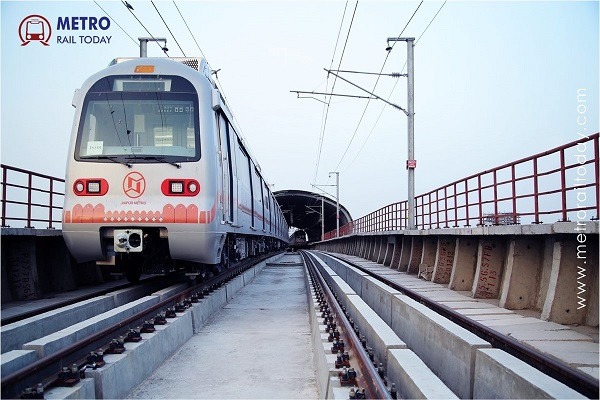 First global civil tender worth ₹1,145 crore launched for Jaipur Metro Phase 2 Project
First global civil tender worth ₹1,145 crore launched for Jaipur Metro Phase 2 Project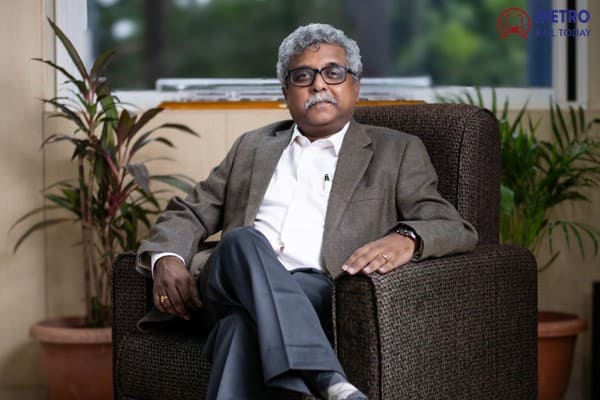 Vande Bharat to Vision 2047 — How ICF is Leading India’s Next Rail Revolution?
Vande Bharat to Vision 2047 — How ICF is Leading India’s Next Rail Revolution?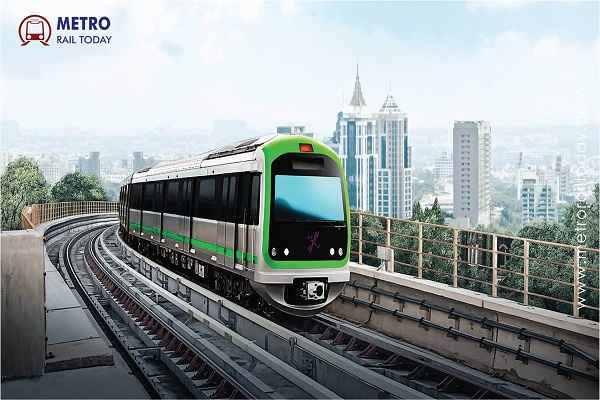 India's first Bengaluru–Hosur Interstate Metro Corridor declared Technically Infeasible
India's first Bengaluru–Hosur Interstate Metro Corridor declared Technically Infeasible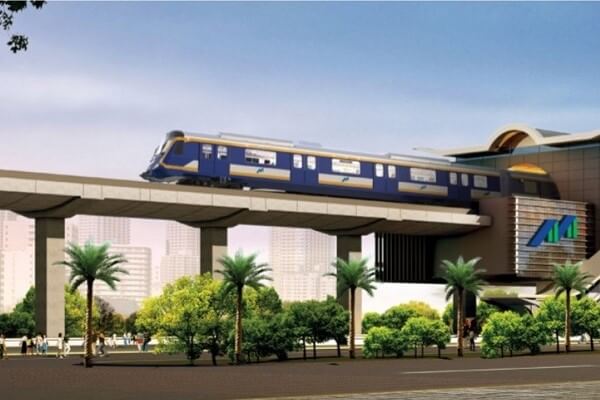 MMRDA awards ₹129.63 crore contract for Multimodal Integration on Mumbai Metro Lines 4 & 4A
MMRDA awards ₹129.63 crore contract for Multimodal Integration on Mumbai Metro Lines 4 & 4A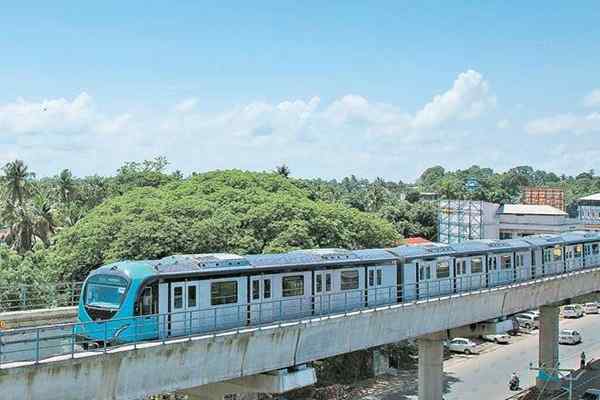 First U-Girder installed on JLN Stadium–Infopark Corridor of Kochi Metro Phase 2
First U-Girder installed on JLN Stadium–Infopark Corridor of Kochi Metro Phase 2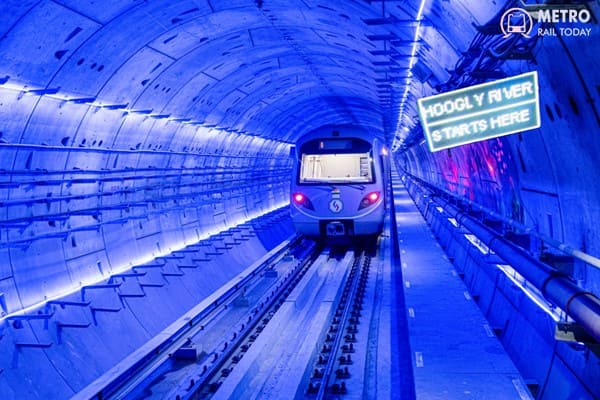 Kolkata Metro Marks 41 Years of Service to the City of Joy
Kolkata Metro Marks 41 Years of Service to the City of Joy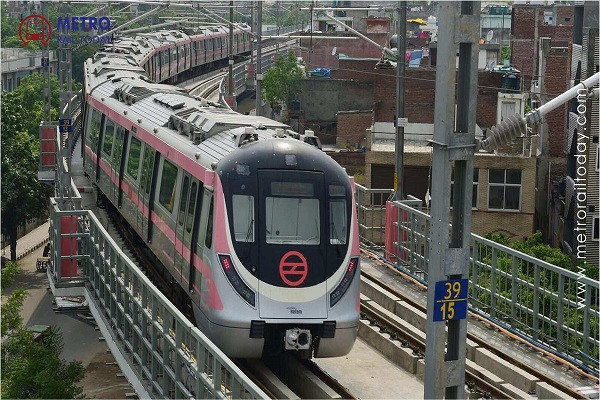 DMRC to introduce Driverless Trains on Delhi Metro Phase 4 Corridors
DMRC to introduce Driverless Trains on Delhi Metro Phase 4 Corridors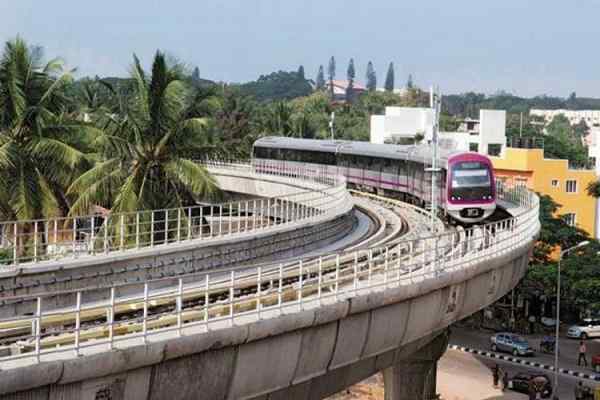 Karnataka proposes Centre of Excellence for Railways and Mobility Innovation
Karnataka proposes Centre of Excellence for Railways and Mobility Innovation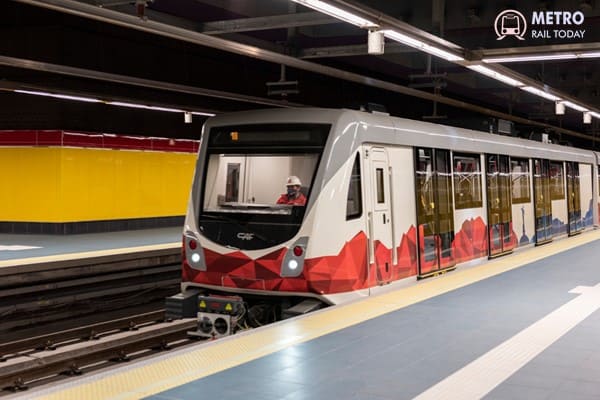 Egypt and Japan approve Greater Cairo Metro Line 4 Project
Egypt and Japan approve Greater Cairo Metro Line 4 Project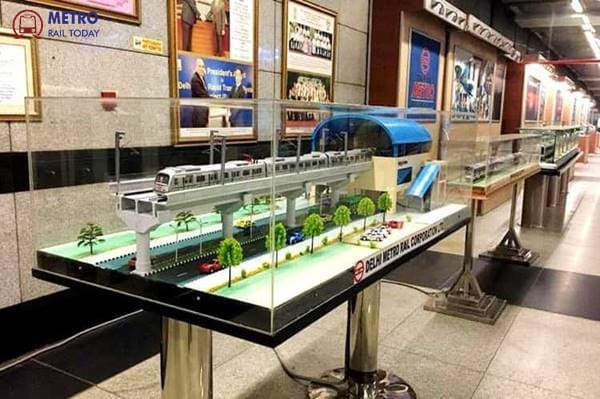 Metro Rail Today continues its legacy as Official Media Partner for 18th Urban Mobility India 2025
Metro Rail Today continues its legacy as Official Media Partner for 18th Urban Mobility India 2025
Delhi Budget 2025-26: Govt allocates ₹12,952 crore for transport, roads and metro expansion
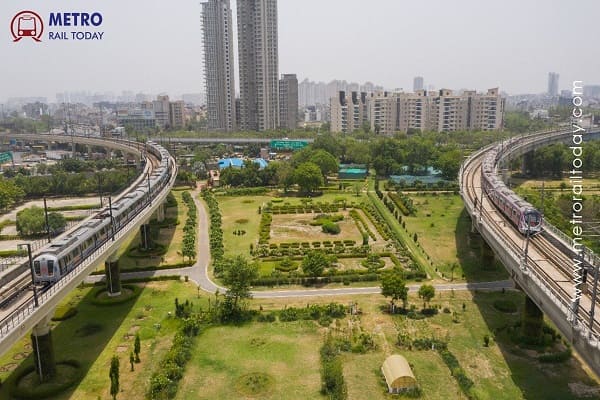
New Delhi, India (Metro Rail Today): The Delhi government, under Chief Minister Rekha Gupta, unveiled a historic budget of 1 lakh crore rupees yesterday. This budget, exceeding the previous one by 31.5 percent, includes significant announcements aimed at improving the lives of all Delhi residents. The budget particularly focuses on enhancing the city's connectivity through major expansions of the metro system. On Tuesday, two key announcements related to the metro and transportation department were made, allocating ₹12,952 crore for transport, roads, and metro expansion. This allocated amount will be used to improve roads, public transport, and overall connectivity.
Metro Budget Sees Six-Fold Increase
The Delhi government has increased the transport budget six-fold compared to last year, now totaling ₹2,929.66 crore. The Delhi Metro Rail Corporation (DMRC) recently added four new stations to its network, bringing the total network length to 394.24 kilometers with 289 stations. The government's allocation of ₹2,929.66 crore for the metro this year is nearly six times the ₹500 crore allocated in the previous budget.
The construction of three major metro corridors in Phase 4 is 60 percent complete. These corridors are Janakpuri West-RK Ashram, Majlis Park-Maujpur, and Tughlakabad-Aerocity, with a total length of 65.202 kilometers and 45 metro stations. Additionally, approval has been granted for the construction of three more corridors this March: Rithala-Nathupur (Kundli), Saket G Block-Lajpat Nagar, and Inderlok-Indraprastha. These three corridors will have a total length of 47.225 kilometers and 39 stations.
In total, Phase 4 will encompass 112.427 kilometers of corridors. The DMRC is progressing with the expansion of its Phase 4 corridors, aiming to add at least 44 new metro stations in the NCR by the end of 2026-2027. Currently, DMRC, which operates India's longest metro network, has 289 stations across 12 corridors. The new stations will be part of the Delhi Metro Phase 4 corridor, extending over 395 kilometers, including the Noida Metro Aqua Line and Rapid Metro Gurugram. Currently, DMRC only operates metro trains on the Phase 4 route between Janakpuri West and Krishna Park Extension.
Key Stations of Delhi Metro Phase 4:
- Maujpur-Majlis Park Corridor (12.318 km, 8 stations): Yamuna Vihar, Bhajanpura, Jharoda Majra, Burari, Khajuri Khas, Sonia Vihar, Surghat, Jagatpur Village.
- Krishna Park Extension-RK Ashram Marg Corridor (26.462 km, 21 stations): Kesopur, Pushpanjali, Deepali Chowk, Pitampura, Prashant Vihar, North Pitampura, Haiderpur Badli Mor, Bhalswa, Majlis Park, Azadpur, Ashok Vihar, Derawal Nagar, Ghanta Ghar, West Vihar, West Mangol Puri Metro Station, Nabi Karim, RK Ashram Marg, West Enclave, Pulbangash, Sadar Bazaar Metro Station.
- Delhi Aerocity-Tughlakabad Corridor (23.622 km, 15 stations): Mahipalpur, Vasant Kunj, Kishangarh Metro Station, Tughlakabad Railway Colony, Tughlakabad, Chhatarpur, Chhatarpur Mandir, IGNOU, Neb Sarai, Saket G Block, Ambedkar Nagar, Khanpur, Sangam Vihar-Tigri, Anandmayi Marg Junction.
Significant Budget Increase for Delhi Government
The Delhi government has significantly increased the budget for strengthening the transport sector this year. A total of 2,929.66 crore rupees has been allocated for the metro and buses, a six-fold increase compared to last year. Over 2,929.66 crore rupees has been allocated for the metro and over 1,000 crore rupees for buses. This budget will not only expand the metro but also improve Delhi's air quality by increasing the number of electric buses. The government has also allocated 1,000 crore rupees through the Central Road Fund (CRF) and Urban Development Fund (UDF) to improve connectivity between Delhi and the National Capital Region (NCR).
Relief for Passengers, Benefits for the Environment
Both these initiatives will provide significant relief to Delhi’s commuters. The new metro routes will improve connectivity in many parts of Delhi-NCR, reducing traffic congestion. The increase in electric buses will reduce pollution and provide passengers with an affordable and safe travel option. This step by the Delhi government will not only improve transportation but also contribute significantly to environmental protection.
Delhi residents have welcomed this initiative. One commuter said, "The expansion of the metro and the introduction of new electric buses will make our daily commute easier. Additionally, reducing pollution will benefit our health." This initiative by the Delhi government will not only improve the transportation system but also lead the city towards a clean and green future.




